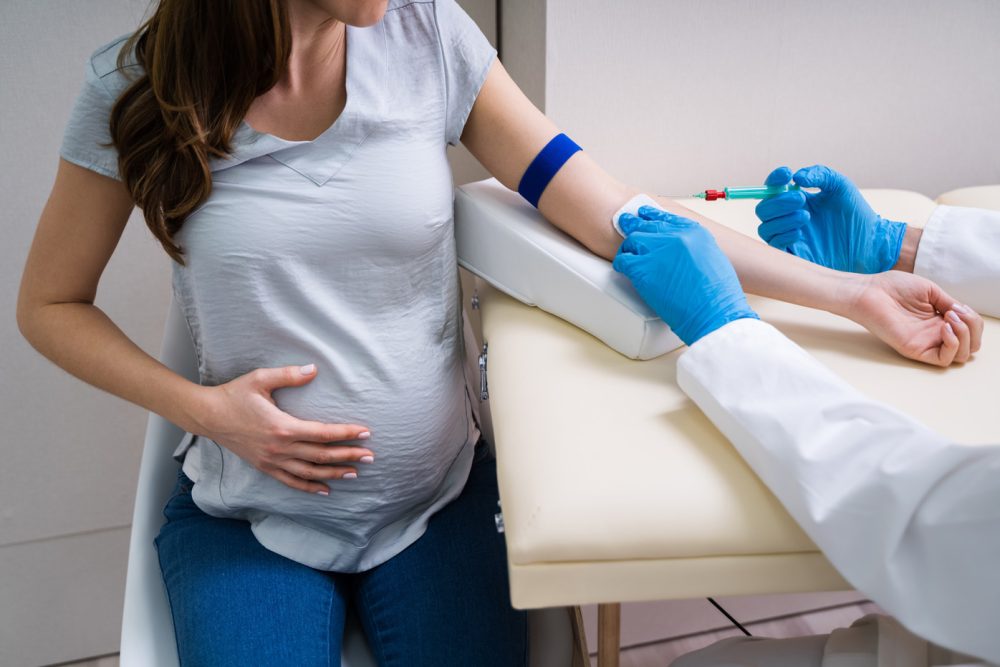A team of researchers has discovered a new way to identify high-risk pregnancies at an early stage, which could significantly improve prenatal care.
A study, published in JAMA Network Open, suggests that a mid-pregnancy blood test for placental growth factor (PlGF) levels could help identify high-risk pregnancies earlier, if it is added to prenatal care.
The study was led by Dr. John Kingdom, maternal-fetal medicine specialist at Mount Sinai Hospital and Dr. Rachel Gladstone, fourth year obstetrics and gynecology resident at the University of Toronto.

Research was conducted from 2020 to 2023 and involved a screening of more than 9,000 pregnant women who intended to give birth at Mount Sinai Hospital. Participants underwent PlGF blood tests between 24 to 28 weeks of pregnancy, along with their regular screening for gestational diabetes.
PIGF is a protein that signals placental development — is associated with an early preterm birth, defined as a birth before 34 weeks’ gestation. Research shows that low levels of PlGF are linked to pre-eclampsia, which is a serious complication of pregnancy that is characterized by high blood pressure and can often lead to preterm birth.
“If we can identify high-risk pregnancies earlier, there are ways to improve outcomes and provide better care,” said Dr. Gladstone.
Experts believe that if this blood test becomes a part of standard prenatal care, it could help prevent stillbirths, predict severe pre-eclampsia, and allow doctors to plan deliveries earlier — potentially saving lives.




